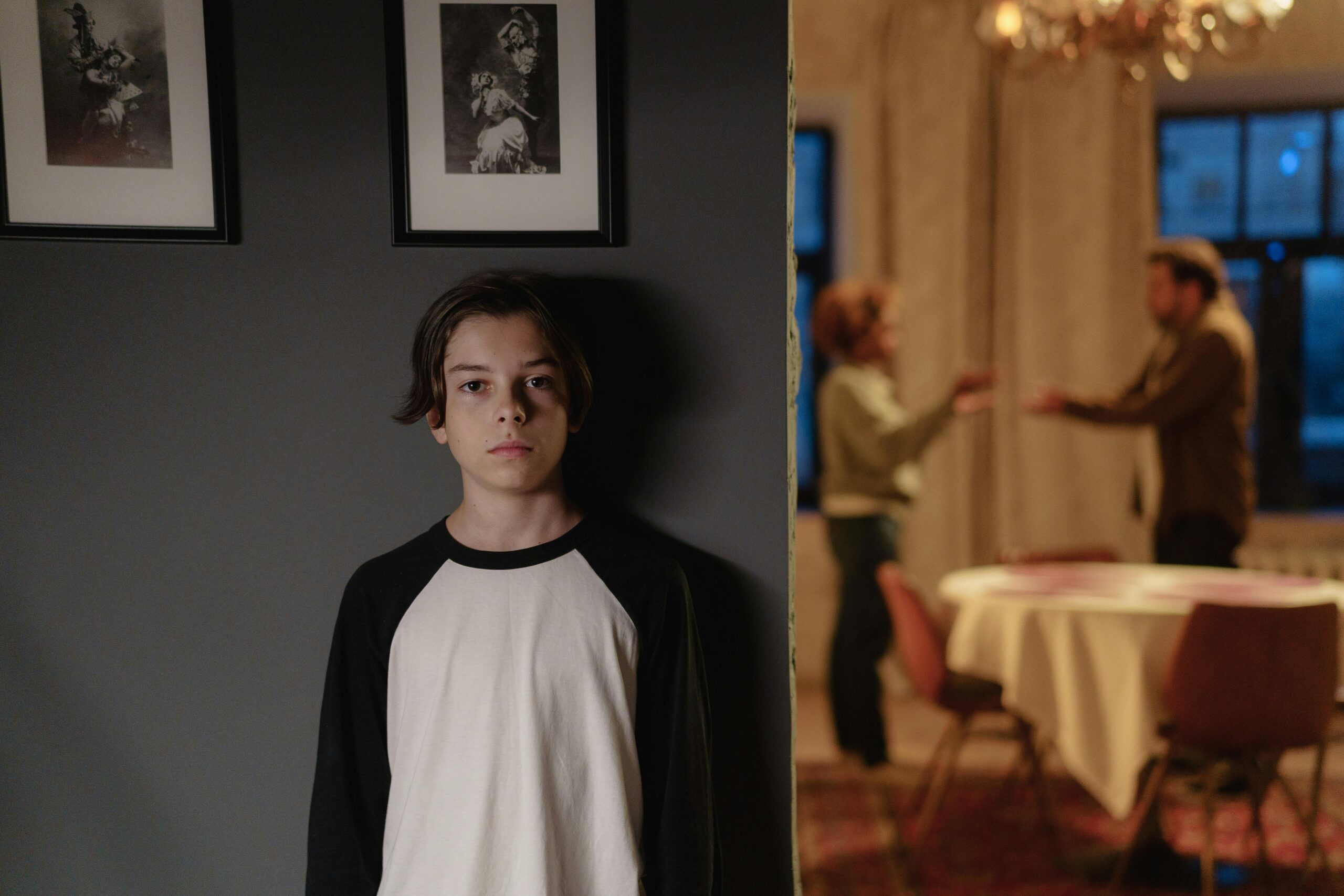Schizophrenia and Anxiety: What You Should Know
Schizophrenia and anxiety are two serious mental health conditions. They can happen together in many people. When this happens, life becomes even more challenging. But don’t worry—help is out there. This guide will explain these disorders in simple words and help you learn about treatment options, symptoms, and ways to live a better life.
What Is Schizophrenia?
Schizophrenia is a mental health condition. It affects how people think, feel, and act. People with schizophrenia may have trouble knowing what is real and what is not. They may hear voices or see things that aren’t there. These are called psychotic symptoms or psychotic episodes.
Some types of schizophrenia include:
- Paranoid-type schizophrenia
- Catatonic-type schizophrenia
- Disorganized-type schizophrenia
- Residual-type schizophrenia
- Schizoaffective disorder
Schizophrenia is a brain disorder. It affects the way the brain works. The symptoms of schizophrenia can change from person to person.

What Is Anxiety?
Anxiety is when someone feels very scared or worried, even when there’s no danger. Anxiety disorders include:
- Generalized anxiety disorder
- Social anxiety disorder (social phobia)
- Panic disorder
- Obsessive-compulsive disorder (OCD)
- Post-traumatic stress disorder (PTSD)
These disorders are mental disorders too. They can cause intense anxiety, panic symptoms, and fear of social situations.
How Are Schizophrenia and Anxiety Connected?
Many individuals with schizophrenia also have co-occurring anxiety disorders. In fact, about half of patients with schizophrenia also feel anxious.
This is called comorbidity in schizophrenia. It means having more than one disorder at the same time. It makes life harder and affects the quality of life for schizophrenic patients.
Symptoms to Watch For
Symptoms of Schizophrenia
- Disorganized speech
- Monotonous speech
- Inappropriate emotions
- Paranoid behavior
- Social withdrawal
- Trouble staying in touch with reality
- Seeing or hearing things that aren’t there
These are examples of positive symptoms (things added to a person’s normal behavior) and negative symptoms (things taken away, like feeling emotion).
Symptoms of Anxiety
- Physical symptoms like fast heartbeat or sweating
- Feeling nervous or scared
- Avoiding people or places
- Trouble sleeping
- Feeling like something bad will happen
- Anxiety symptoms that happen often, especially in stressful situations
In anxiety in schizophrenia, these symptoms can be worse.
Why Do They Happen Together?
Doctors and scientists are still learning why schizophrenia and anxiety go hand in hand. Some think it’s because of:
- Changes in brain chemistry
- Stressful, life-changing events
- Physical abuse or trauma
- Family history (if someone in your family has it)
- Other mental health disorders like bipolar disorder or depressive disorder

How Do Doctors Diagnose It?
To find out if someone has these problems, doctors look at:
- Clinical features and clinical manifestations
- Family history
- Physical examination
- Talking with the person about how they feel
- Checking for signs of psychosis symptoms, affective symptoms, or resume symptoms
They follow a process called the diagnosis of schizophrenia and may check for treatment of anxiety disorders too.
Treatment Options
Medications
People with these disorders may need antipsychotic medication like:
- Invega
- Risperdal
- Zyprexa
Sometimes anti-psychotic medication is used with antidepressant therapy or other kinds of medication. Doctors pick the best medicine for each person.
Therapy
Cognitive-Behavioral Therapy (CBT) is a common type of therapy. It helps people change the way they think and act. Other helpful therapies include:
- Behavioral therapy
- Family interventions
- Group support
These are called psychosocial interventions, and they can be part of a full care plan. Learn more about this at our schizophrenia treatment center in Orange County.
How Anxiety Makes Schizophrenia Harder
Anxiety in patients with schizophrenia can:
- Cause more psychotic symptoms
- Make negative affect stronger
- Lower their ability to handle daily life
- Cause avoidant behavior or anti-social behaviors
- Increase the chance of substance abuse issues like drug or alcohol withdrawal
It also makes it harder for outpatients with schizophrenia to recover or take part in life situations.
Can People Live Normal Lives?
Yes! With the right support, many people with schizophrenia and anxiety-like behavior can live normal lives. Life among patients with these conditions improves when they:
- Stick to a treatment plan
- Learn new life skills
- Avoid stressful events
- Work with a health care provider
- Get love and support from family and friends
Clinical presentations can improve over time, especially with the right care.
Other Related Disorders
Sometimes people with schizophrenia also have:
- Delusional disorders
- Compulsive disorder
- Medical disorders
- Posttraumatic stress disorder
- Depressive disorder
- Substance abuse issues
Knowing this helps doctors build better care plans.
Tips for Helping Someone You Love
If someone you care about is going through this:
- Encourage them to see a doctor
- Stay calm and be kind
- Learn about the disorder
- Help them remember to take medicine
- Join support groups
- Watch for signs of relapse, or onset of schizophrenia symptoms
FAQs
1. Can someone have both schizophrenia and anxiety?
Yes, many people have co-occurring anxiety disorders with schizophrenia. It’s called comorbidity in schizophrenia.
2. How do doctors treat both at the same time?
Doctors may use antipsychotic medication and behavioral therapy like Cognitive-Behavioral Therapy to treat both conditions.
3. Are schizophrenia and anxiety caused by the same thing?
Not always. But both may come from brain chemistry changes, trauma, or family history.
4. Can therapy really help?
Yes! Therapy helps people learn to manage anxiety symptoms and live better with schizophrenia symptoms.
5. Where can I learn more about treatment?
Visit Revival Mental Health’s treatment page for more help and resources.

Final Thoughts
Schizophrenia and anxiety are both serious but treatable. Many patients with schizophrenia deal with anxiety in schizophrenia, which makes recovery harder. But with medical advice, strong care, and family support, healing is possible.
It’s important to watch for physical symptoms, psychotic episodes, or abnormal behaviors. With the right treatment options—like antipsychotic medication, behavioral therapy, and healthy support systems—people with schizophrenia can improve their quality of life and enjoy better days ahead.
If you or someone you know is struggling, don’t wait. Contact a health care provider or learn more about our schizophrenia treatment program in Orange County today.
Visit SAMHSA or contact us today for more information.





